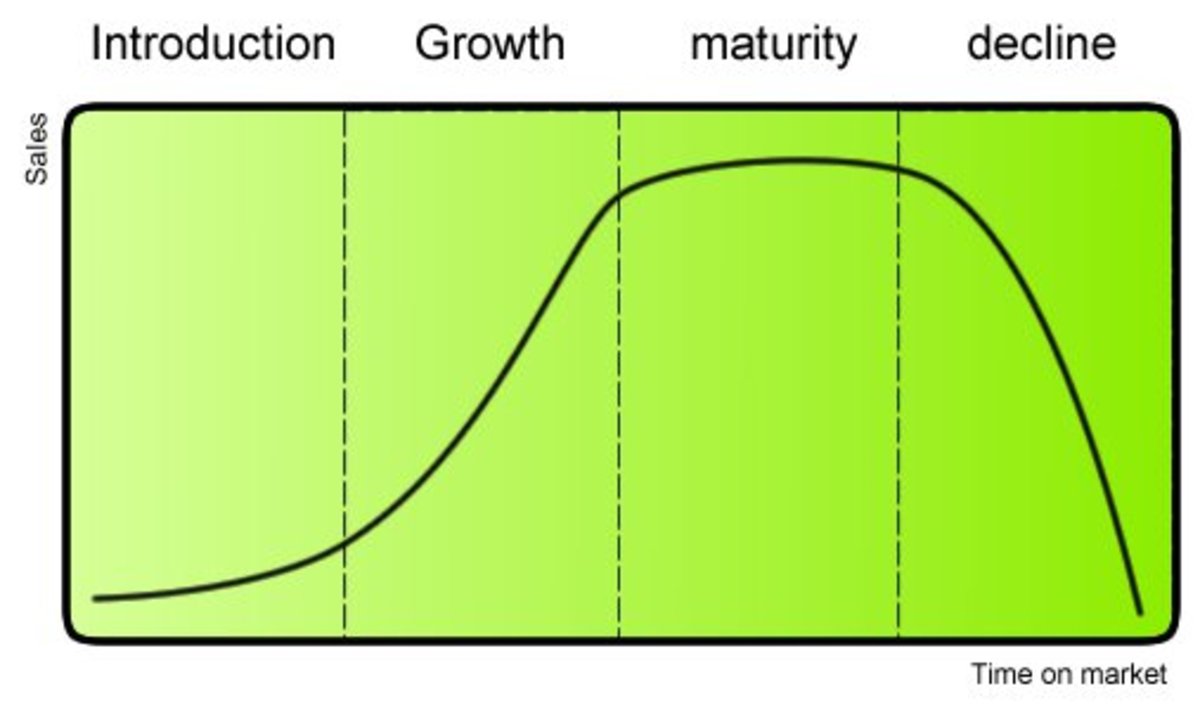Long-Term Bullish Future for the CBD Market

What's the Future for the CBD Market?
Globally, the cannabidiol (CBD) market was projected to grow to $2.1 billion by the year 2020, which is equivalent to about 700 percent growth. Hemp-derived CBD oil was predicted to account for $450 million. But the growth is not equally distributed worldwide and in terms of product types. Knowing the specifics will be very helpful for making the right business decisions.
A growing market always offers excellent opportunities for entrepreneurs and investors. The long-term prospects for the CBD market seem very bright based on a recent comprehensive study. Various segments of the market are examined such as the types of products, the market players, the locations, the end users, and the applications, which include treatment for epilepsy and cancer pain management.
Any comprehensive study of a particular market like CBD is very useful for entrepreneurs and investors planning to be involved in that particular market, as it acts like a map of an unfamiliar place. It will provide guidance for those who are still unfamiliar with the territory.
However, unlike a geographical map, a comprehensive market study is not a complete picture of a relatively static location and landmarks. It is more like estimates and forecasts about a dynamic system. It is not perfect, but it will at least provide some level of confidence.

Is CBD Penetrating the Chinese Market?
Investors and entrepreneurs can effectively formulate their tactics and strategies based on the best information. For instance, the projected potential growth per geographical region can be used as the basis for establishing local operations or finding local partners.
The People’s Republic of China is an example of a relatively untapped market with high potential for growth. Infinite CBD reported that although cannabis is currently illegal in China, industrial hemp and CBD oil for medicinal purposes are allowed. About 10 million Chinese are afflicted with epilepsy disorders, and they could benefit from CBD oil treatment. Although there are pharmaceutical medicines available in China, its government is encouraging the use of natural products like cannabidiol in treating a wide range of illnesses.
With more than 1.4 billion people and penchant for natural remedies, China is a huge potential market. Hence, CBD companies like PotNetwork Holding, Inc. (OTCMKTS:POTN) have started penetrating the Chinese market. POTN, for instance, announced last year its signed agreement with a firm that will assist in distributing its products in the said country, Business Wire reported.

What About Other Markets?
In terms of global expansion, POTN is among the companies that have already started distribution in other parts of the world. It will also enter the markets in Latin America, specifically in Peru, Bolivia, Ecuador, and Chile.
The company always seeks to expand and add new clients. Among its strategies is joining trade exhibits like the recently concluded 37th CHAMPS Trade Show in Las Vegas. POTN entered its subsidiary Diamond CBD in the trade show and was able to book more than $270,000 in sales during the event. DCBD also reported more than $3,000,000 total sales for the first 45 days of 2018. The future looks great for this company.
The big players in the market like ENDOCA, Gaia Botanicals, Isodiol, and Medical Marijuana are likely to continue dominating, but the smaller players could merge to have a stronger presence. The global pie is big enough to have hundreds or even thousands of them, but in terms of market penetration, the big players will have less difficulty establishing their roots.
The long-term market growth outlook for CBD products also means growth in competition as various companies try to have their own piece of the global pie. Generally, competition is good because it typically leads to higher quality of products and lower prices as companies vie for the attention and loyalty of the consumers.
This article is accurate and true to the best of the author’s knowledge. Content is for informational or entertainment purposes only and does not substitute for personal counsel or professional advice in business, financial, legal, or technical matters.







